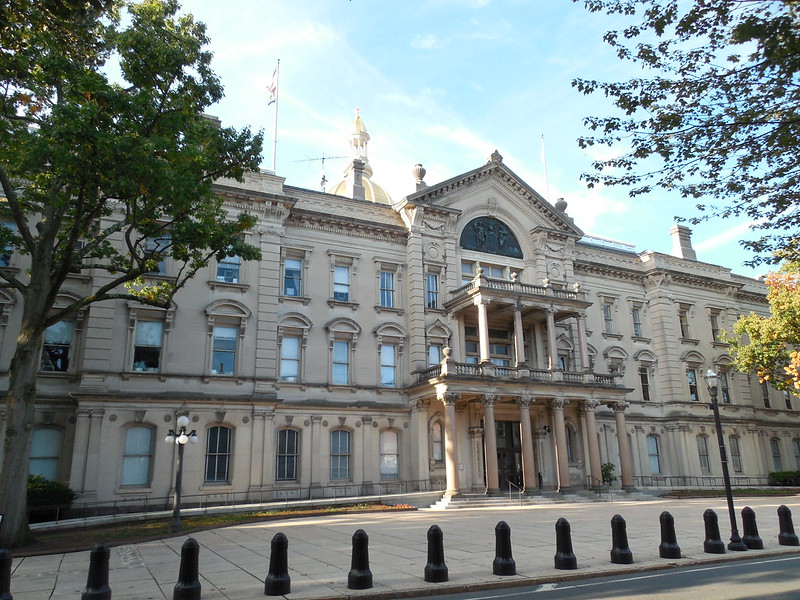
That pesky constitution just keeps getting in the way of blatant attempts by state lawmakers to cripple free speech, and attack citizen groups and non-profit advocacy organizations.
A bill (S1500) passed in New Jersey that would force donor disclosure for citizen groups that weighed in on state legislation has been blocked by a federal judge. The bill would also affect independent expenditure organizations, or PACs.
The legislation was driven by a drawn-out controversy. Governor Murphy was under duress due to his use of non-profit entities to advance his agenda. Rather than focusing on a narrow issue – sitting public officials informally running non-profits – opportunistic legislators seized their chance to stifle free speech and citizen advocacy much more broadly.
Even Murphy initially opposed the bill he eventually signed because of constitutional concerns. Well, now that has been proven correct, as the state was sued successfully by Americans for Prosperity. American Civil Liberties Union-NJ, the New Jersey League of Conservation Voters also filed lawsuits.
The Supreme Court case Alabama v. NAACP already upheld the right to privacy of non-profits against state disclosure mandates.
The broad opposition from across the ideological spectrum shows just how significant an attack on the First Amendment New Jersey’s law is, and remains as there is plenty of damage to be done if the law is updated by the legislature, even with this decision.
Of course, unions are exempt from the disclosure mandate, the predictable special treatment for a political powerhouse shows how insincere the motives are behind the disclosure push.
Such legislation would set a dangerous precedent for future regulation of advocacy groups. The massive restriction on non-profit organizations would make it difficult for an average individual to create an organization. It would also equate educating the public about active legislation with direct spending on political candidates.
Disclosure mandates would make donors subject to retribution, harassment, and possibly worse. In today’s polarizing political environment, the preservation of free speech is even more important. This chilling infringement on the first amendment would discourage the free exchange of ideas, limiting constituents’ ability to hold their elected officials accountable. Which is ironic: a law touted as being a remedy for corruption would make it worse in reality.
Although many in the Garden State may see a problem with the non-profit run by Governor Murphy’s allies, unconstitutional restrictions on free speech for everybody else is not a solution, and in fact would enable corruption in Trenton.

